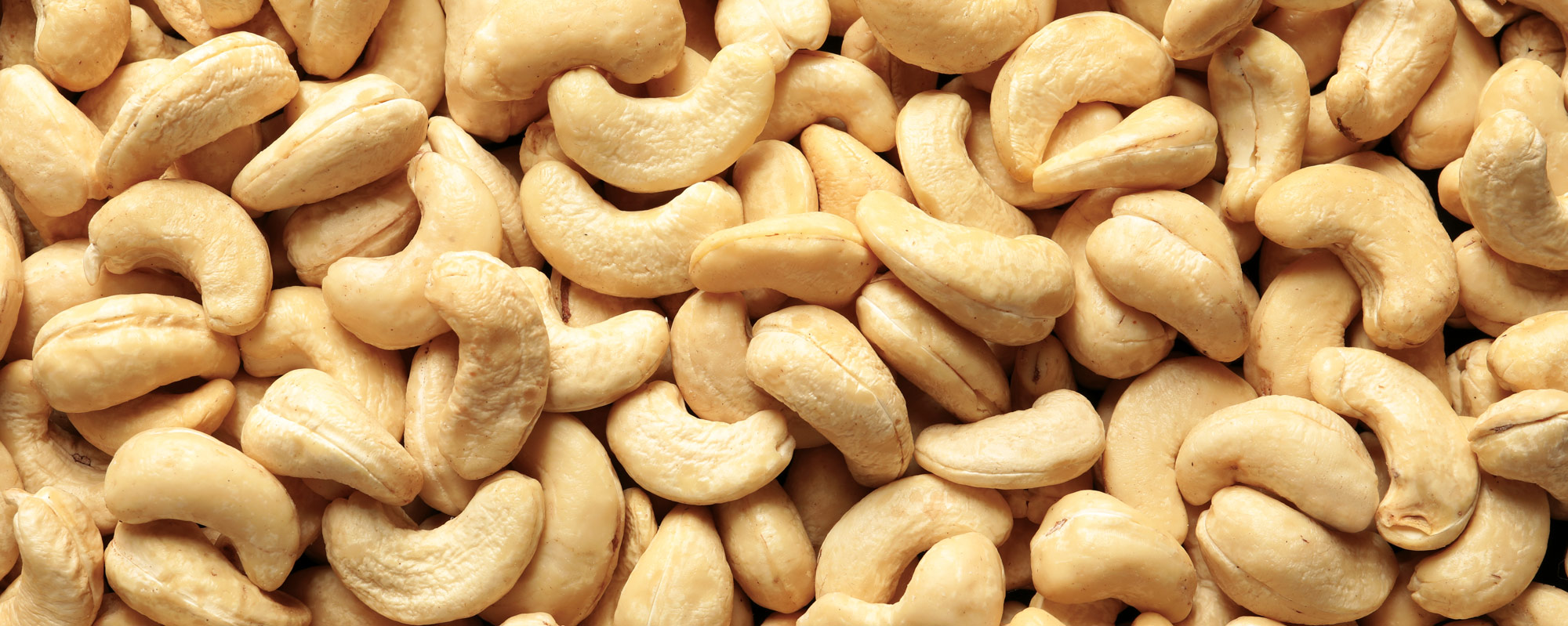History of Cashews:
Cashew nuts have a rich history dating back to ancient times. Originating from northeastern Brazil, they were discovered by Portuguese explorers in the 16th century. Initially, they were unknown beyond Brazil’s borders.
Portuguese traders introduced cashews to India and East Africa during their voyages, where they flourished in the tropical climates. In India, they became a significant crop by the 20th century, thanks to their adaptability to local conditions.
Their popularity grew globally due to their versatile culinary uses, from savory dishes to desserts. However, the process of extracting the nut from its shell posed challenges, leading to advancements in processing techniques to ensure safe consumption.
Today, cashews are a prized and widely consumed nut, cherished for their nutritional value and culinary versatility across the world. Countries like Vietnam, Nigeria, and India are among the top producers, contributing significantly to the global cashew industry.
Health Benefits:
Cashew nuts offer a range of health benefits. They’re packed with nutrients like vitamins, minerals, and antioxidants. These nuts contain healthy fats, including monounsaturated and polyunsaturated fats, which are beneficial for heart health by reducing the risk of heart disease.
They’re also a good source of essential minerals such as magnesium, phosphorus, zinc, and selenium, which play crucial roles in various bodily functions, including bone health, immune support, and metabolism.
Cashews provide a moderate amount of protein and fiber, which can aid in maintaining muscle mass, promoting satiety, and supporting digestive health.
Moreover, they contain compounds like flavonols and proanthocyanidins, which act as antioxidants, potentially reducing inflammation and protecting against oxidative stress-related diseases.
Consuming cashews as part of a balanced diet can contribute to overall health and well-being.

